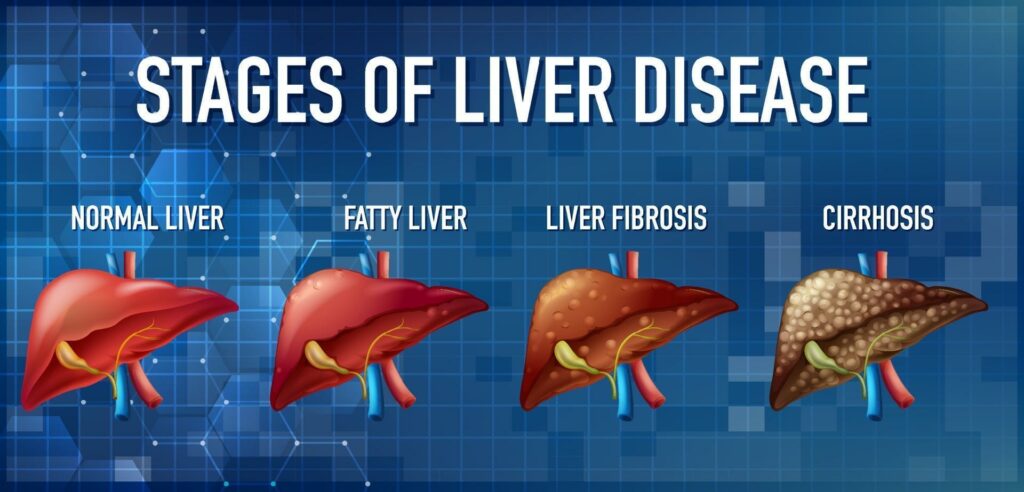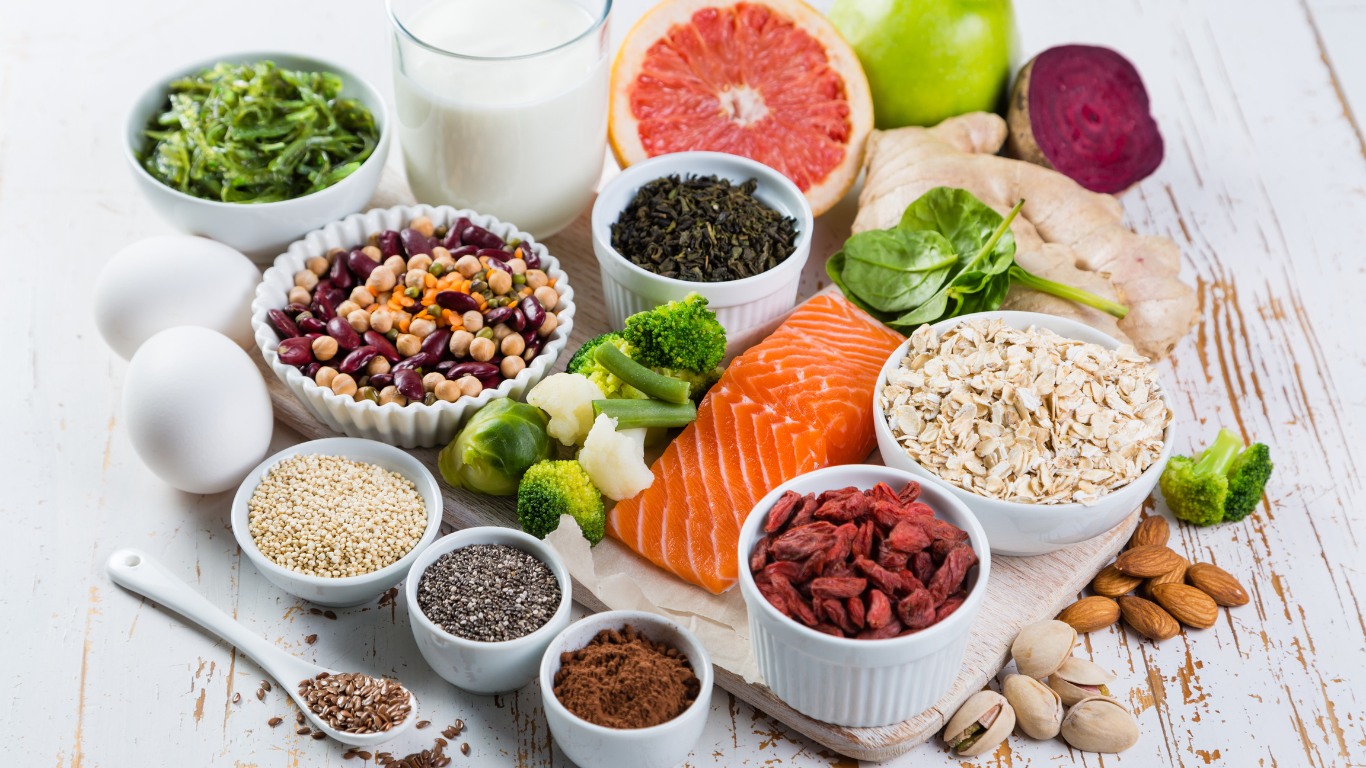Disclosure:
Thank you for reading this post, don't forget to subscribe!
Some of the links on this website are affiliate links. This means that if you click on the link and make a purchase, we may receive a small commission at no extra cost to you. Your support helps us keep the site running.Learn more on my Privacy Policy and Affiliate Disclosure page. Thank you for your support!
The liver is a powerhouse organ that plays a critical role in maintaining your health and well-being. Responsible for over 500 essential functions, the liver is vital in detoxifying the blood, supporting digestion, and aiding in metabolism. But, like any organ, the liver is vulnerable to damage and disease if it isn’t properly cared for. Without it working smoothly, it’s like a factory on overload. Things can spiral pretty quickly if those pipes get clogged, so keeping it in top shape is crucial. This article will dive into common liver issues and actionable steps you can take to support liver health, ultimately helping you to lead a healthier life.
Related: The Importance of Preventive Healthcare: Essential Measures You Should Be Taking Now – A look at why preventive health measures are essential for a healthy liver.
Section 1: Understanding the Role of the Liver
Key Functions of the Liver
- Detoxification: The liver acts as the body’s main filter. It processes everything from alcohol and medications to toxins, breaking them down into harmless substances the body can excrete.
- Metabolism: This organ plays a vital role in metabolizing proteins, fats, and carbohydrates, which provides energy to the body. The liver converts excess glucose to glycogen, storing it for future energy needs.
- Nutrient Storage: Beyond glucose, the liver stores vitamins and minerals like A, D, E, K, and iron. These stored nutrients are essential for overall health and energy.
- Immune Function: The liver produces proteins essential for blood clotting and immune response, helping to fight infections and heal wounds.
Why Liver Health is Critical
Your liver’s health affects multiple systems, including digestion, immunity, and even skin health. When the liver is compromised, it can lead to hormone imbalances, digestive problems, and a weakened immune response. Lifestyle factors like diet, alcohol consumption, and exposure to toxins play significant roles in determining liver health. Therefore, taking preventive actions is essential to keep your liver functioning optimally.
Read more about: Harvard Health – A trusted source for a deeper understanding of liver functions.
Section 2: Common Liver Issues and Diseases

Fatty Liver Disease
- Non-Alcoholic Fatty Liver Disease (NAFLD): NAFLD is increasingly common due to the prevalence of high-calorie diets and sedentary lifestyles. Excess fat accumulates in the liver, potentially leading to inflammation and scarring. Obesity and diabetes are major risk factors.
- Alcoholic Fatty Liver Disease (AFLD): Excessive alcohol consumption damages liver cells, leading to fat accumulation. AFLD can progress into alcoholic hepatitis, cirrhosis, or even liver failure if not managed.
Hepatitis (Types A, B, and C)
Hepatitis is an inflammation of the liver caused by viral infections, commonly types A, B, and C.
- Hepatitis A: Spread via contaminated food or water and usually clears on its own with rest.
- Hepatitis B: Spread through bodily fluids, leading to chronic infections that may result in liver failure or cancer if untreated.
- Hepatitis C: Primarily spread through blood-to-blood contact, this virus can lead to severe liver damage if left untreated.
Cirrhosis and Liver Failure
Cirrhosis is the scarring of the liver due to long-term damage from diseases like hepatitis or chronic alcohol abuse. As scarring progresses, liver function decreases, leading to liver failure, a life-threatening condition that requires urgent treatment.
Liver Cancer
Liver cancer often develops as a result of chronic liver diseases such as hepatitis B and C, or cirrhosis. It’s crucial to monitor liver health and seek early intervention, as untreated liver conditions can significantly increase the risk of liver cancer.
read next:
Women’s Health: Key Screenings And Preventive Measures
Taking charge of your health is a powerful act of self-care,…
The Ultimate Guide to Balanced Nutrition: Tips, Benefits, and Meal Ideas
Nutrition plays a vital role in our overall health and well-being….
Section 3: Symptoms and Signs of Liver Problems
Recognizing Early Symptoms of Liver Issues
Identifying liver issues early can help prevent serious complications. Common early symptoms include:
- Fatigue and Weakness: Persistent tiredness that doesn’t improve with rest.
- Loss of Appetite and Nausea: Reduced appetite and nausea are common warning signs.
- Jaundice: Yellowing of the skin and eyes due to an excess of bilirubin.
- Abdominal Pain and Swelling: Discomfort or bloating in the upper right abdomen.
When to Seek Medical Help
Regular liver screenings are especially important for those at high risk, such as individuals with diabetes, obesity, or heavy alcohol use. If you experience any of these symptoms, it’s essential to consult your healthcare provider to check your liver function.
read more about: CDC Liver Disease Information – For more information on liver disease symptoms and when to seek medical attention.
Section 4: Tips for Maintaining a Healthy Liver
Healthy Diet Choices for Liver Health
- Eat Nutrient-Dense Foods: A balanced diet of fruits, vegetables, lean proteins, and whole grains provides essential nutrients.
- Limit Sugar and Processed Foods: Excess sugar contributes to fatty liver disease by promoting fat buildup in the liver.
- Incorporate Liver-Supporting Foods: Foods like garlic, leafy greens, and citrus fruits support liver detoxification.
Staying Hydrated
Water helps the liver filter toxins and process waste. Aim to drink eight glasses of water daily, and consider tracking your intake to stay on target.
Avoid Alcohol and Substance Abuse
Excessive alcohol can damage liver cells. For those who drink, moderation is key—limit alcohol intake or avoid it altogether.
Exercise Regularly
Physical activity prevents obesity, a major risk factor for NAFLD. Incorporate exercise into daily life with activities like walking, yoga, or strength training to support liver health.
Limit Exposure to Environmental Toxins
Household chemicals and processed foods with additives can stress the liver. Opt for natural cleaning products and a diet with minimal additives.
Section 5: Supplementing for Liver Health
Liver-Supportive Supplements
- Milk Thistle: Known for its liver-protective properties, milk thistle may help support liver health and function.
- Turmeric: This anti-inflammatory spice may aid in reducing liver inflammation.
- Vitamin E: Beneficial for those with NAFLD, Vitamin E helps reduce liver inflammation.
Caution with Supplements
Always consult a healthcare provider before starting supplements, especially if you have pre-existing liver conditions. Overusing certain supplements or medications can place unnecessary strain on the liver.
Internal Link: 10 Proven Tips for a Healthier Diet: Transform Your Nutrition Today – Explore more on nutrition for overall health, including liver health.
Section 6: Regular Screening and Preventive Measures
Importance of Liver Function Tests
Liver function tests (LFTs) measure enzymes and proteins in the blood, providing insight into liver health. Regular tests help catch liver issues early, particularly for high-risk individuals.
Vaccinations and Preventive Care
Vaccinations against hepatitis A and B are critical for liver health. Early intervention and regular monitoring are essential, especially for those with genetic or lifestyle-related risks.
Further Reading: The Importance of Preventive Healthcare: Essential Measures You Should Be Taking Now – This resource emphasizes regular checkups for liver and overall health.
Explore more:
Conclusion
In summary, the liver is an essential organ that impacts multiple bodily functions. Being aware of common liver diseases and taking proactive steps to maintain liver health—such as adopting a nutrient-rich diet, staying hydrated, and exercising regularly—can significantly lower the risk of liver issues.
Maintaining liver health should be a priority, so consider scheduling regular liver screenings, especially if you’re in a high-risk category. By incorporating liver-friendly habits, you can support this vital organ and help prevent serious health complications.
Last but not least, staying informed and consulting professionals about liver concerns keeps you a step ahead. Jump on questions as they come; it’s all about keeping one of your body’s main powerhouses up and running smoothly.
Call to Action: Ready to take your liver health seriously? Share your thoughts and experiences in the comments below, and subscribe for more insights into healthy living.
More about:
HEALTH / WELLNESS / FITNESS / NUTRITION
share this article














